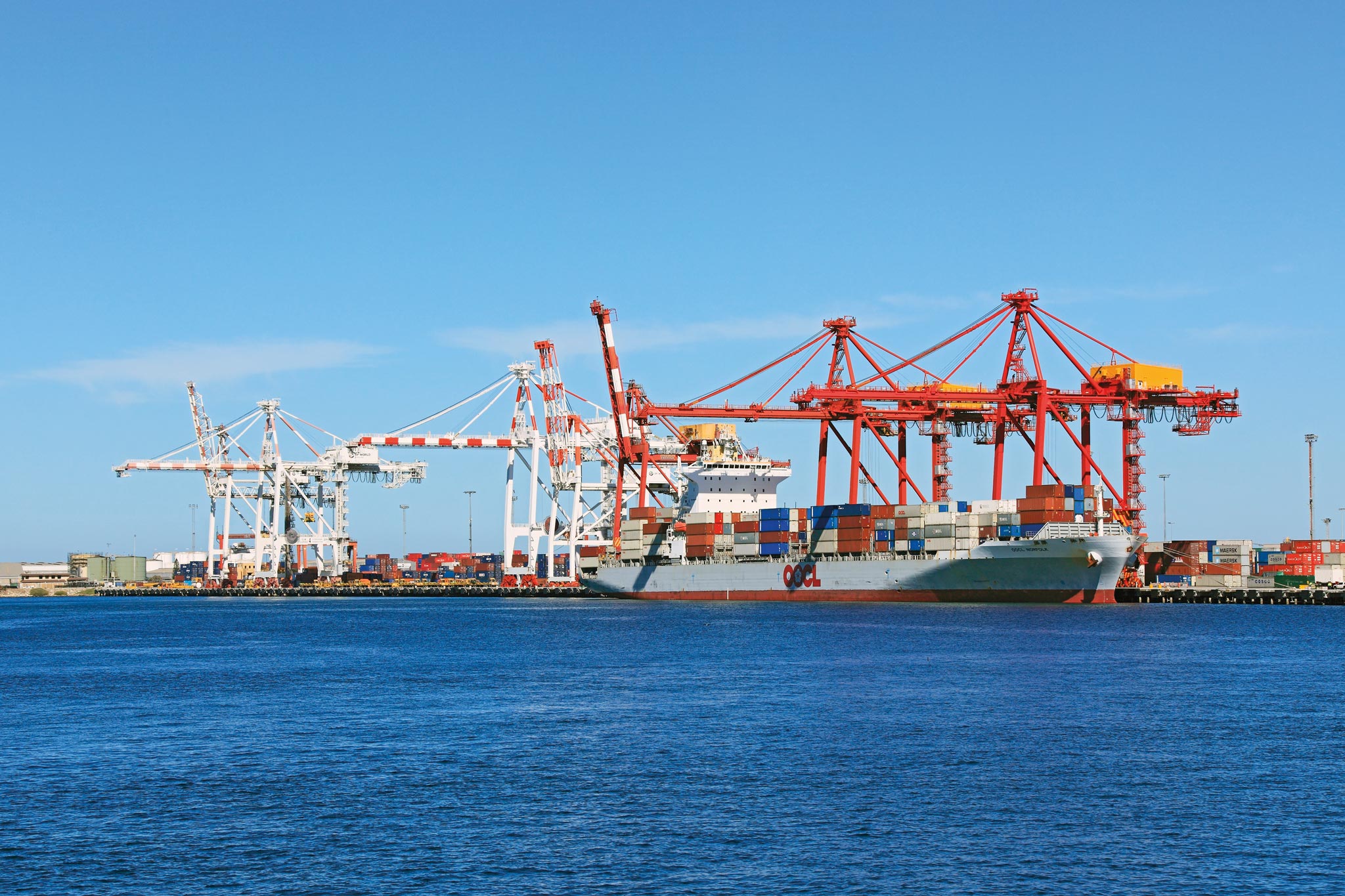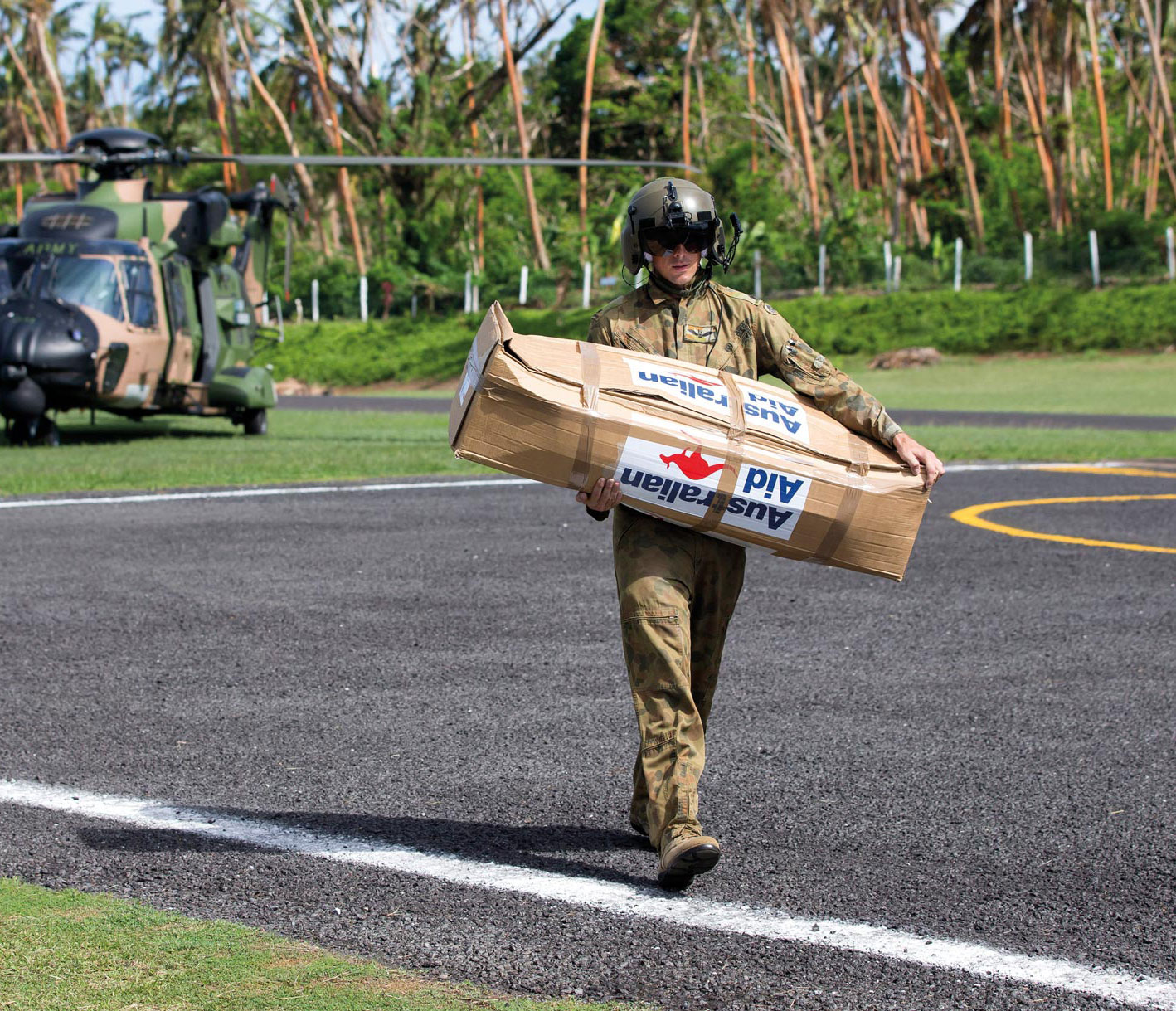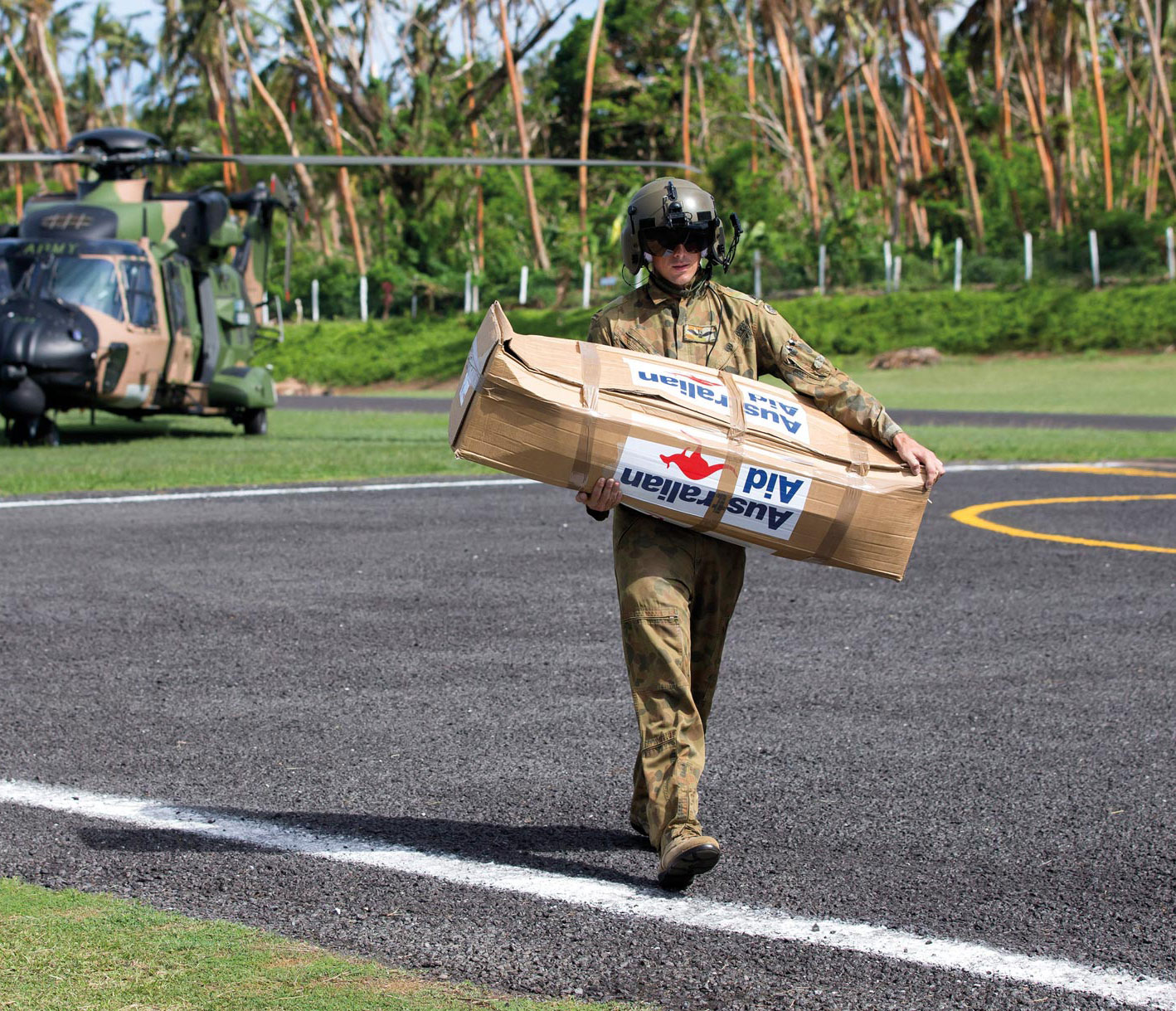The virtual world, ‘internet of things’ and big data are changing the way we work, socialise, communicate and consume goods and services. The combination of more advanced ICT tools—including artificial intelligence—with other disciplines such as materials technology, robotics, genomics and biotechnology will also drive further innovation, from medical treatments to smarter cities to low emissions energy. New industries and new jobs will be created.
For Australia, there will be significant opportunities to improve productivity and harness new sources of growth to deliver the next stage of economic prosperity. At the same time, as discussed earlier in this chapter, domestic policy settings will need to respond to the changing nature of work.
Technological change also has significant security implications. Access to technology makes it easier and cheaper for terrorists to construct, conceal and detonate lethal devices. Advances in military technology change the way military forces prepare for and engage in conflict. Technologies such as hypersonics and innovative computing will also lead to new types of weapons, challenging global arms control, disarmament and international law.
Globally networked information systems also make it easier for states and non-state actors to compromise national security and to target individuals and businesses. Cyber threats can range from unacceptable interference in democratic processes, such as the activities of Russian cyber actors during the 2016 US presidential election, to the theft and manipulation of information or disruption of government or commercial activity. At the extreme, cyber actors could attack critical national infrastructure such as power grids and financial systems.














